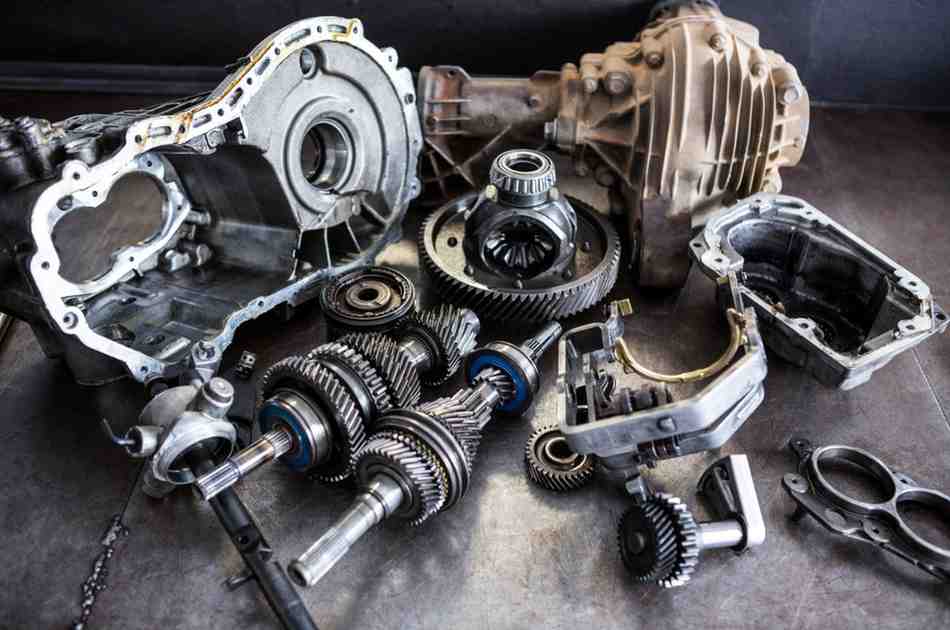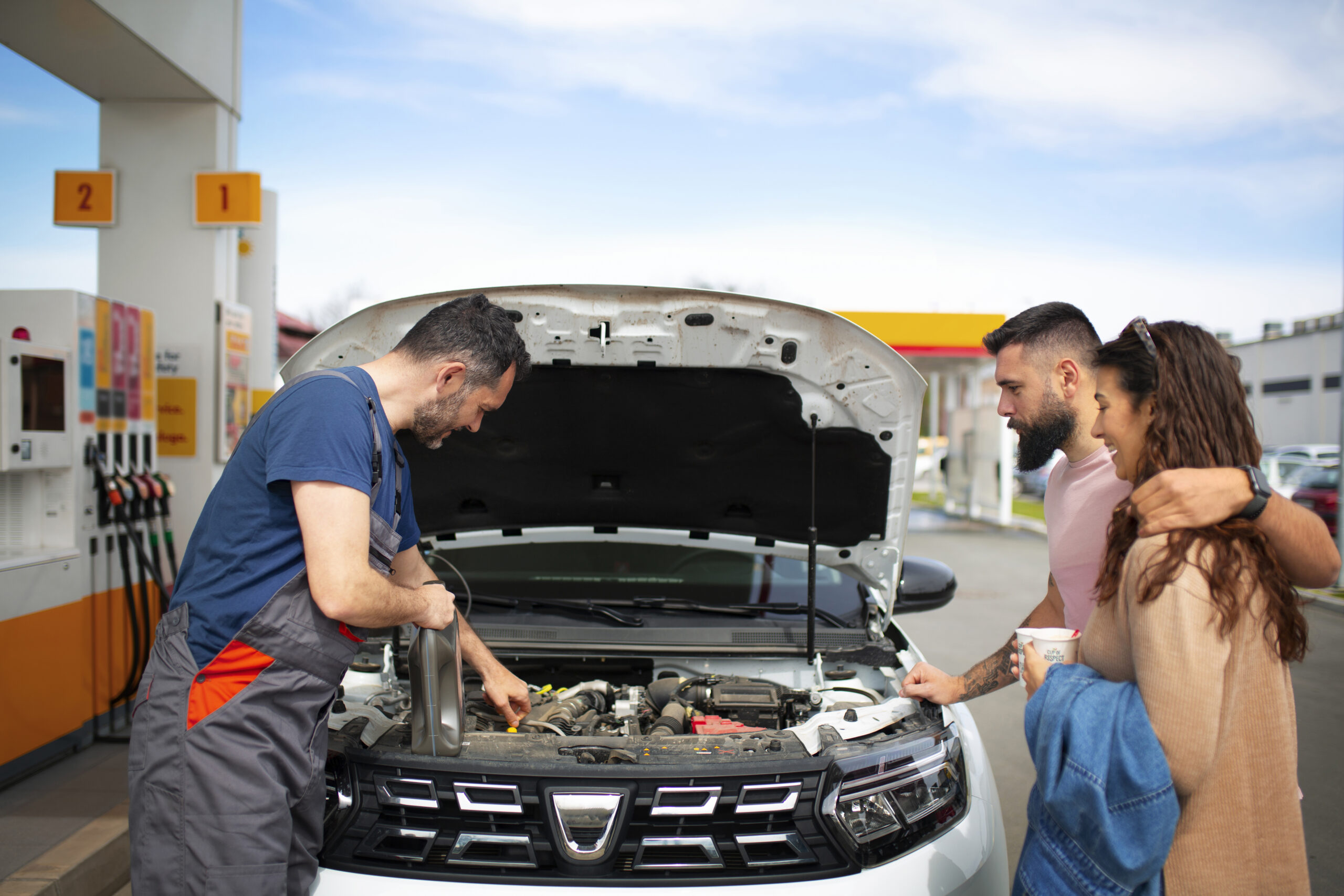Table of Contents
- That “Oh No” Moment We All Fear
- Why the Transmission Is the Silent Hero
- The Financial Panic That Follows
- Used Doesn’t Mean Junk
- Why People Go for a Used Transmission
- How Do You Know If It’s the Right Call?
- But Don’t Just Grab the First One You Find
- Where Do People Start Looking?
- Real Talk: The Emotional Side of This
- The Truth About Installation: Don’t Cut Corners
- Warranties: The Safety Net You Need
- Signs of a Shady Deal
- How to Shop Smarter
- What Happens After the Install?
- The Emotional Rollercoaster
- Case Study
- The Bottom Line
- FAQs: Straight Talk Edition
- 1. Is a used transmission really safe?
- 2. How long will a used transmission last?
- 3. What if it fails again?
- 4. Can I install it myself?
- 5. Why not just junk the car?
- 6. Is buying a used transmission risky?
- 7. How much money will I really save?
- 8. Will my car actually run right with a used transmission?
- 9. How do I even find used transmissions near me?
- 10. Why not just get rid of the car instead?
That “Oh No” Moment We All Fear
You know that feeling when your stomach just drops? That moment when something happens and you just know life’s about to get more complicated? That’s exactly what it feels like when your transmission gives up on you.
It doesn’t whisper. It doesn’t politely ask for attention. It just… quits.
Maybe you were merging onto the highway and suddenly your car revved like a maniac but barely picked up speed. Or maybe you’d been ignoring the weird shudders and slips for weeks, hoping it would magically go away, and now the car has just thrown in the towel.
Either way, you’re sitting there behind the wheel thinking:
“Oh, no. This is bad. This is expensive. Please, please don’t let this be the transmission.”
But it is.
And here’s the brutal truth: when the transmission fails, it feels like the heart has been ripped out of your car. The engine still runs, the lights still work, but without that one piece? The whole machine is basically useless.
Why the Transmission Is the Silent Hero
Most of us don’t think much about the transmission until it betrays us. The engine gets all the glory, but the transmission is the one doing the heavy lifting in the background.
Here’s the deal: your engine makes power. But that power is just chaotic energy until the transmission steps in and says, “Okay, let’s direct this into something useful.” It’s like the translator between your engine and your wheels.
Without it? You’re not going anywhere.
So when it starts to fail, it doesn’t just inconvenience you. It stops your entire car from being a car. It becomes a very expensive hunk of metal sitting in your driveway.
The Financial Panic That Follows
Now let’s talk money — because that’s the part that really makes your chest tighten.
A brand-new transmission?
We’re talking $4,000 to $7,000. Sometimes more. That’s “dream vacation” money. That’s “down payment on something bigger” money. That’s definitely more than many used cars are worth altogether.
And that’s when people start spiraling:
- Do I junk the car?
- Do I finance another one?
- Do I max out a credit card for this repair?
It feels like you’re stuck between awful and worse.
But here’s the thing most people don’t realize right away: you don’t have to burn a hole in your wallet to fix this. There’s a smarter option — and it’s not shady, it’s not desperate, it’s just practical: buying a used transmission.
Read More – The Smart Driver’s Guide to Buying a Used Transmission
Used Doesn’t Mean Junk
When people hear “used transmission,” they sometimes picture some rusty, leaking mess dragged out of a scrapyard. That’s not what we’re talking about here.
A good used transmission is one that’s been pulled from a car that’s no longer on the road — maybe because of an accident, maybe because the owner upgraded, maybe because the car’s body gave out while the mechanicals were still solid.
These transmissions often have plenty of life left in them. They get tested, inspected, cleaned up, and sold again. And if you’re buying from the right place, you’re not getting some sketchy mystery part. You’re getting a reliable, cost-effective fix that keeps your car alive without sinking you financially.
Think of it like buying a certified pre-owned phone instead of dropping $1,200 on the latest model. Same calls, same texts, same apps — just a much better price tag.
Why People Go for a Used Transmission
Let’s break down why more and more drivers — and yes, even big companies with fleets of vehicles — go this route:
- It saves you serious money. We’re talking thousands.
- It’s fast. A used unit can often be sourced and installed way quicker than waiting for a new one to ship.
- It’s practical. Why junk an entire car just because one piece failed?
- It’s greener. Reusing parts keeps perfectly good metal and components out of landfills.
And honestly? It just makes sense. If the rest of your car is fine, why would you throw it away over one broken part?
How Do You Know If It’s the Right Call?
Here’s the simple test:
- Your car’s in decent shape otherwise.
- You’re not itching to buy a new ride right now.
- You want a solution that works without draining your savings.
If those three things sound like you, then yeah — a used transmission is probably your smartest move.
But Don’t Just Grab the First One You Find
Not all used transmissions are created equal. There are gems, and there are disasters waiting to happen. Your job is to avoid the disasters.
Here’s what you want to check:
- Compatibility. Use your VIN. Don’t guess. Transmissions are picky.
- Mileage. Lower mileage means more life left.
- Warranty. If the seller won’t back it up, that’s a red flag.
- Reputation. Read reviews. Ask questions. Don’t buy from some guy with a Craigslist ad and a blurry photo.
It’s not rocket science, but it does take a little homework.
Where Do People Start Looking?
Nine times out of ten, the first thing people type into their phone is: “used transmissions near me.”
Local shops can sometimes hook you up. But don’t stop there. Online suppliers often have bigger inventories, better deals, and actual guarantees.
Here’s the move:
- Search local.
- Search online.
- Compare prices and warranties.
- Factor in installation costs.
Take a couple of extra hours to research, and you could save yourself thousands and months of frustration.
Real Talk: The Emotional Side of This
When your transmission fails, it feels heavy. You’re stressed, you’re annoyed, and you probably feel like your car betrayed you.
People sitting in the waiting room of repair shops keep staring at the estimate in shock, like they’ve been punched in the gut. The mood shifts instantly when they hear that there’s another option— they don’t have to scrap their car or empty their bank account.
That’s what this is really about: hope. Knowing you have an option that doesn’t wreck your finances. Knowing your car isn’t done for. Knowing you can buy yourself time, peace of mind, and a whole lot of extra miles without going broke.
The Truth About Installation: Don’t Cut Corners
Alright, so let’s say you’ve found the used transmission that checks out — right mileage, right fit, solid warranty. Now comes the part nobody wants to deal with: installation.
This is not the time to play hero. Unless you’ve got a garage, the right lift equipment, and serious mechanical know-how, swapping a transmission is not a “Saturday afternoon with YouTube” kind of project.
The aftermath. Bent mounts, stripped bolts, sensors left dangling, fluid leaks everywhere. Then guess what? They end up paying a mechanic anyway — except now it costs even more because the shop has to undo the damage.
Do yourself a favor: find a shop you trust and let them handle it. Labor isn’t cheap, but it’s way cheaper than messing it up yourself. And if you’re already saving thousands on the part, investing in a proper install just makes sense.
Warranties: The Safety Net You Need
Now, let’s talk about warranties, because they’re your seatbelt in this whole process.
A solid used transmission should come with some kind of guarantee. It might be 30 days, 90 days, or sometimes even a year. And believe me, those months matter.
If the transmission fails right after installation, that warranty is the difference between a minor inconvenience and another financial nightmare.
And don’t just take someone’s word for it. Get the terms in writing.
Read the fine print.
If the seller dodges your questions or acts annoyed, walk away. They know why they’re being sketchy.
Signs of a Shady Deal
While we’re on the topic — let’s be real, not everyone selling a used transmission is looking out for you. Some just want your cash and don’t care if you’re left stranded a week later.
Here are some red flags that should make you run, not walk, in the other direction:
- The seller can’t tell you the mileage.
- They refuse to give you the VIN of the donor car.
- There’s no return policy, no warranty, nothing in writing.
- The price is suspiciously low.
The temptation of a dirt-cheap deal is strong. But if it seems too good to be true, it usually is. Saving a few hundred bucks upfront is not worth dropping another few thousand when the transmission blows up again.
How to Shop Smarter
Okay, let’s flip to the positive side. If you want to buy a used transmission without pulling your hair out, here’s how you make it less painful:
- Do your homework. Know your car’s year, make, model, and VIN. Don’t leave room for guesswork.
- Get multiple quotes. Don’t settle for the first offer you hear. Compare.
- Ask questions. About mileage, about testing, about warranty. If they get annoyed, move on.
- Check reviews. If a shop or online seller has burned people before, it’ll show up online.
- Think long-term. Cheaper isn’t always better if it means another breakdown six months later.
It’s not rocket science. It’s just being patient, curious, and not letting desperation rush you into a bad choice.
What Happens After the Install?
Here’s something people don’t always think about: the break-in period.
Even with a used transmission, the first few hundred miles after installation matter. Drive gently. Don’t push it like you’re drag racing. Let it settle in. Make sure the shop topped off the fluid, and check the levels yourself after a week or two.
And if you feel anything weird — slipping, grinding, delayed shifts — don’t ignore it. Call the shop immediately. Small issues can turn into big ones if you brush them off.
The Emotional Rollercoaster
One day, you’re furious that your car betrayed you. Next, you’re anxious about money. Then, finally, you feel relief when the solution starts to come together.
And let’s be honest: cars aren’t just cars. They’re freedom, they’re independence, they’re part of your daily life. Losing yours feels like being grounded. Getting it back — without emptying your savings — feels like winning the lottery.
That’s why going the used transmission route is more than just saving cash. It’s giving yourself breathing room, stability, and a way back to normal life.
Case Study
A small delivery business faced a critical setback when the transmission in its van failed. The dealership quoted a replacement cost of nearly six thousand dollars, an amount that exceeded the vehicle’s book value. Initially prepared to scrap the van, the owner discovered the option of purchasing a used transmission. For less than a quarter of the original estimate, he had the replacement installed and was back in operation within a week. The decision not only saved the vehicle but also sustained the business for another three years.
In another case, a working mother of three experienced a transmission failure on her SUV during her commute. Believing she would be forced to trade in the vehicle for a fraction of its worth, she explored the used parts market. She located a used transmission with a six-month warranty, had it installed, and avoided the financial strain of replacing her car. The outcome provided both relief and stability for her family’s daily routine.
These examples highlight a common reality: affordable alternatives like used auto transmissions prevent unnecessary expenses and keep vehicles and lives moving forward.
Read More – A Comprehensive Guide to Buying Used Car Transmissions
The Bottom Line
Here’s the raw truth: a transmission failure feels like the end of the road. But it doesn’t have to be.
A used transmission isn’t a “cheap shortcut.” It’s a smart, practical, and proven way to keep your car alive without lighting your bank account on fire.
You don’t need to panic. You don’t need to go broke. You just need to do your homework, find the right part, and trust the right people to install it.
Cars are meant to keep us moving, not to bankrupt us. And when your transmission fails, buying a used one might just be the smartest decision you’ll ever make for your car — and your wallet.





